
The Jewel of Kenya: Lake Nakuru National Park
Lake Nakuru National Park is one of Kenya's most stunning natural treasures. Located in the Rift Valley, it is renowned for its breathtaking landscapes and rich biodiversity. The park is home to the iconic pink flamingos, which gather in large numbers to feed on the lake's algae. The sight of these graceful birds against the backdrop of the shimmering lake is a spectacle that draws visitors from around the world. The park is not just about flamingos; it also boasts an impressive array of other wildlife. Visitors can spot white rhinos, Rothschild giraffes, and various species of antelopes. The park's dense woodlands are home to leopards and tree-climbing lions, adding an element of thrill to every safari. Bird enthusiasts will find Lake Nakuru National Park a paradise, with over 450 bird species recorded in the area. In addition to wildlife viewing, the park offers several scenic viewpoints such as Baboon Cliff and Lion Hill, which provide panoramic views of the lake and surrounding landscapes. The park is easily accessible from Nairobi, making it a convenient and rewarding destination for a day trip or a longer stay. Lake Nakuru National Park combines natural beauty, diverse wildlife, and unique birdwatching opportunities, making it a must-visit destination for any nature lover.
Local tips in Lake Nakuru National Park
- Best time to visit is during the dry season from June to February when the wildlife is more easily spotted.
- Carry binoculars for better birdwatching experiences.
- Wear neutral-colored clothing to blend in with the surroundings and avoid startling the animals.
- Stay hydrated and bring sun protection as temperatures can get quite high.
- Consider hiring a local guide to enhance your safari experience with expert insights.
The Jewel of Kenya: Lake Nakuru National Park
Lake Nakuru National Park is one of Kenya's most stunning natural treasures. Located in the Rift Valley, it is renowned for its breathtaking landscapes and rich biodiversity. The park is home to the iconic pink flamingos, which gather in large numbers to feed on the lake's algae. The sight of these graceful birds against the backdrop of the shimmering lake is a spectacle that draws visitors from around the world. The park is not just about flamingos; it also boasts an impressive array of other wildlife. Visitors can spot white rhinos, Rothschild giraffes, and various species of antelopes. The park's dense woodlands are home to leopards and tree-climbing lions, adding an element of thrill to every safari. Bird enthusiasts will find Lake Nakuru National Park a paradise, with over 450 bird species recorded in the area. In addition to wildlife viewing, the park offers several scenic viewpoints such as Baboon Cliff and Lion Hill, which provide panoramic views of the lake and surrounding landscapes. The park is easily accessible from Nairobi, making it a convenient and rewarding destination for a day trip or a longer stay. Lake Nakuru National Park combines natural beauty, diverse wildlife, and unique birdwatching opportunities, making it a must-visit destination for any nature lover.
When is the best time to go to Lake Nakuru National Park?
Iconic landmarks you can’t miss
Sarova Lion Hill Game Lodge: Kenya Safari Lodge in Lake Nakuru National Park
Experience the ultimate wildlife adventure at Sarova Lion Hill Game Lodge, where luxury meets the beauty of Lake Nakuru National Park.

Central Park- Lions Garden
Explore Central Park - Lions Garden in Nakuru, a serene and picturesque green space perfect for relaxation, nature walks, and family outings.
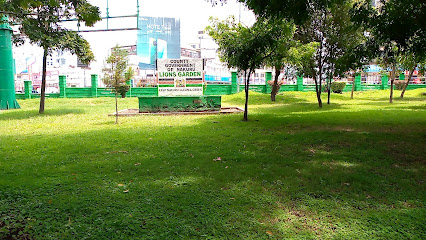
Lord Egerton Castle
Explore Lord Egerton Castle in Nakuru: A historical masterpiece showcasing Kenya's architectural beauty and cultural heritage.
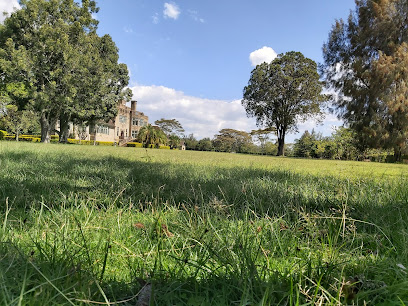
Nyayo Gardens Park
Discover the beauty of nature at Nyayo Gardens Park in Nakuru, a perfect retreat for relaxation and family fun amidst vibrant flora and serene landscapes.
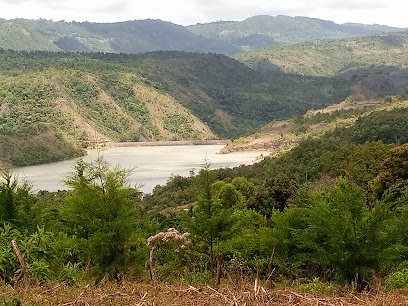
Menengai Crater View Point
Discover stunning views and rich geological heritage at Menengai Crater View Point, a top tourist destination in Nakuru, Kenya.
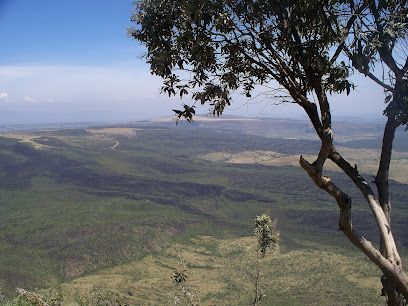
Lake Nakuru Lanet Gate
Explore the vibrant landscapes and diverse wildlife of Lake Nakuru National Park, a true natural wonder in Kenya.
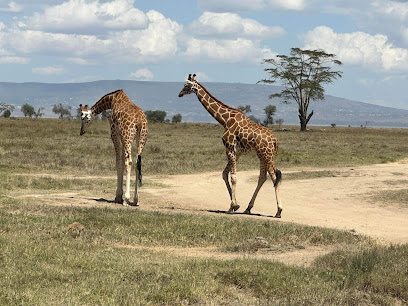
Lake Nakuru Sopa Lodge
Discover the beauty and tranquility of Lake Nakuru Sopa Lodge, a premier retreat in Kenya's breathtaking Lake Nakuru National Park.

Lake Nakuru
Discover the breathtaking landscapes and vibrant wildlife at Lake Nakuru, a UNESCO World Heritage site in Kenya's Great Rift Valley, perfect for nature lovers.
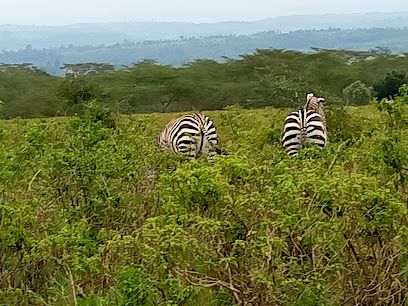
The Cliff Nakuru
Experience the perfect blend of luxury and nature at The Cliff Nakuru, where breathtaking views and unique accommodations await every traveler.
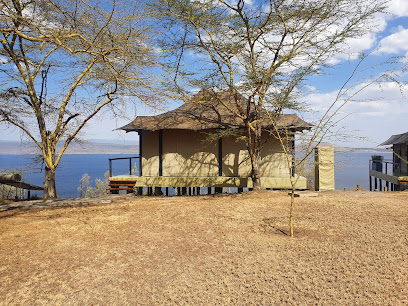
Lake Elementaita Hot Spring
Experience the healing waters and stunning landscapes at Lake Elementaita Hot Spring, a must-visit destination in Kenya's breathtaking Nakuru County.
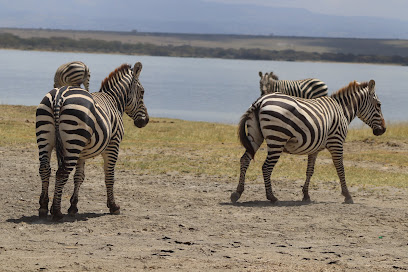
Baboon Cliff View Point
Discover the stunning beauty of Baboon Cliff View Point in Nakuru, Kenya, where breathtaking landscapes and serene atmospheres await every traveler.
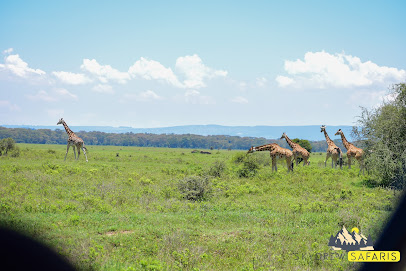
Makalia Falls Campsite
Discover the breathtaking beauty of Makalia Falls Campsite in Nakuru, where nature's tranquility and adventure await every traveler.
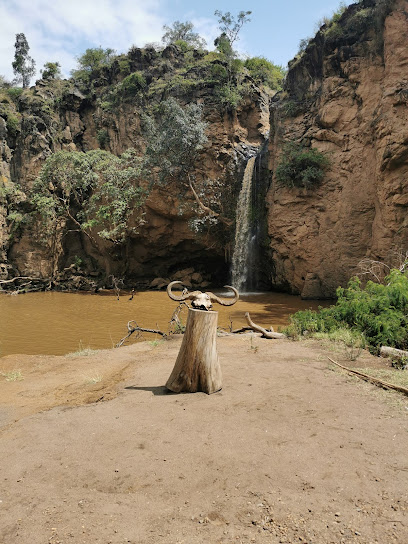
Nderit Gate Lake Nakuru National Park
Explore the breathtaking wildlife and stunning landscapes at Nderit Gate, Lake Nakuru National Park, a must-visit destination for eco-tourists and adventure seekers.
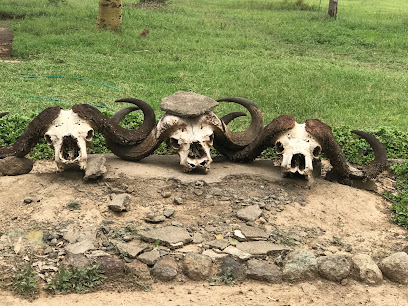
Kenya Forest Service Station
Explore the breathtaking beauty of the Kenya Forest Service Station, where nature's tranquility meets vibrant wildlife in Nakuru, Kenya.
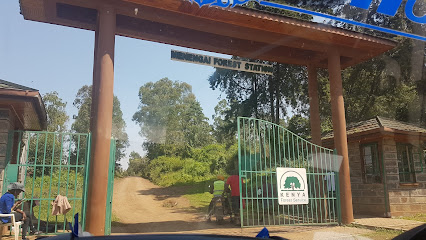
Nakuru Park
Experience the breathtaking beauty of Nakuru Park, a wildlife haven in Kenya, renowned for its diverse ecosystems and stunning landscapes.
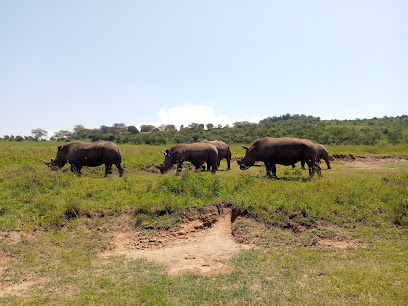
Unmissable attractions to see
Sarova Lion Hill Game Lodge: Kenya Safari Lodge in Lake Nakuru National Park
Discover the ultimate safari experience at Sarova Lion Hill Game Lodge, a luxurious retreat nestled in Lake Nakuru National Park, surrounded by breathtaking wildlife.

Central Park- Lions Garden
Explore the lush landscapes of Central Park - Lions Garden in Nakuru, a serene escape in the heart of the city, perfect for relaxation and family fun.
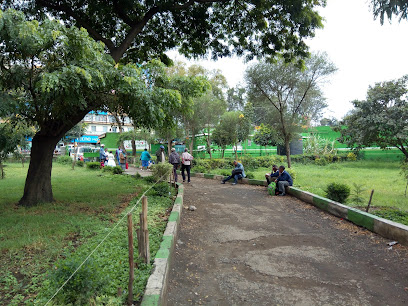
Nyayo Gardens Park
Explore Nyayo Gardens Park in Nakuru, a serene escape filled with lush greenery, vibrant flowers, and a tranquil atmosphere perfect for relaxation.
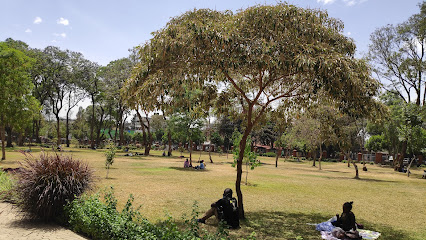
Lake Nakuru Lanet Gate
Experience the breathtaking beauty and vibrant wildlife at Lake Nakuru Lanet Gate, a must-visit national park in Kenya.
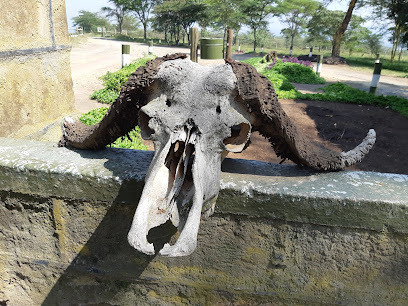
Kariandusi Museum
Discover the rich archaeological heritage of Kenya at Kariandusi Museum, where history comes alive through ancient artifacts and engaging exhibits.
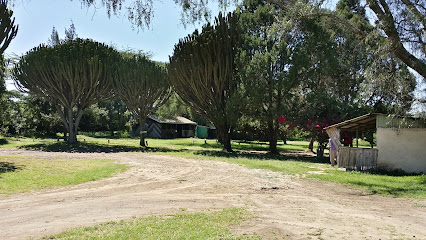
Soysambu Conservancy Main Gate
Explore Soysambu Conservancy, a wildlife haven in Nakuru, Kenya, offering breathtaking landscapes and diverse ecosystems for nature lovers.
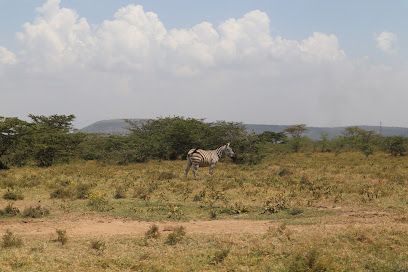
Mambo Game View, Nakuru
Discover breathtaking wildlife and stunning landscapes at Mambo Game View, a must-visit destination in Nakuru National Park, Kenya.
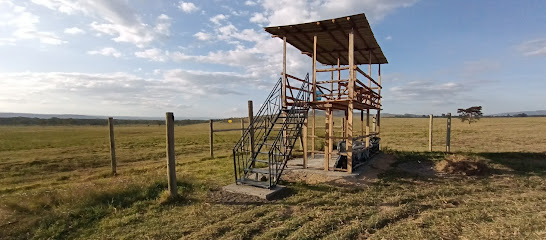
Menengai crater forest
Discover the breathtaking views and rich biodiversity of Menengai Crater Forest, a must-visit hiking area near Nakuru, Kenya.
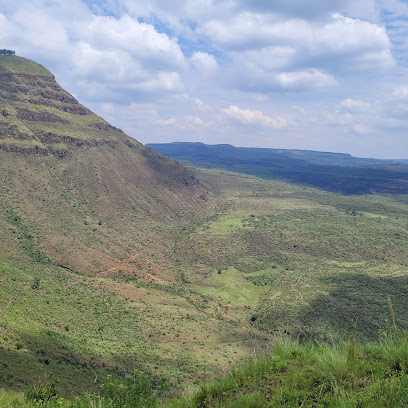
LAKE NAKURU NATIONAL PARK OFFICES
Experience the breathtaking beauty and vibrant wildlife of Lake Nakuru National Park, a top destination for nature lovers and adventure seekers.
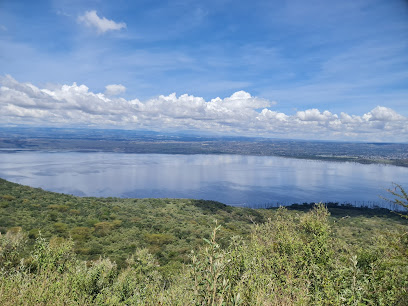
Rhino Point
Explore the breathtaking Rhino Point in Kenya, a wildlife sanctuary home to majestic rhinos and stunning landscapes, perfect for nature lovers.
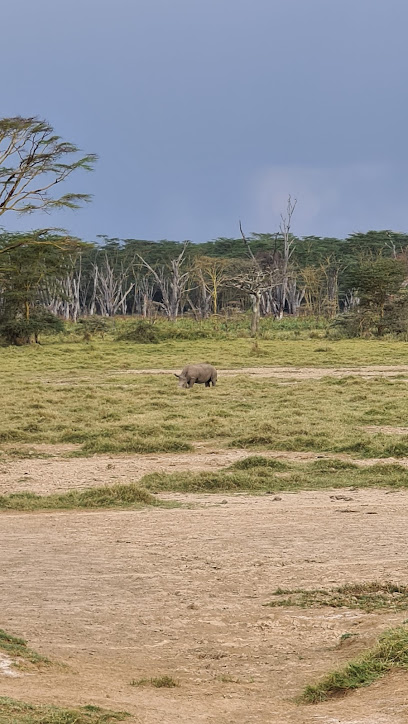
Cedar waterfall
Experience the breathtaking beauty of Cedar Waterfall, a hidden gem in Wendo, perfect for nature lovers and adventure seekers.
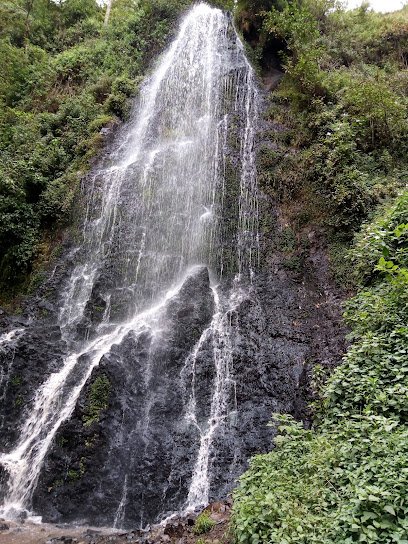
Lake Nakuru View
Experience the unparalleled beauty of Lake Nakuru with scenic views and vibrant wildlife, perfect for nature lovers and photographers.
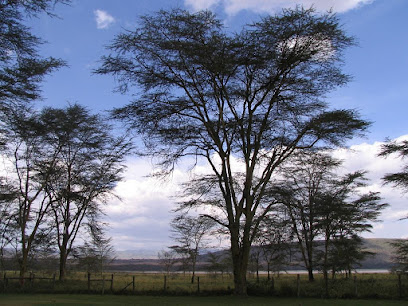
Muya Causeway
Explore the breathtaking wildlife and natural beauty at Muya Causeway, a must-visit park in Kenya for nature lovers and adventure seekers.
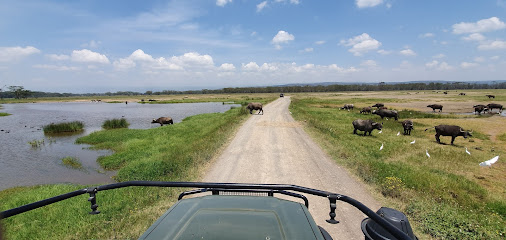
Mlima Ugali Hill
Explore the natural beauty and stunning vistas of Mlima Ugali Hill, a premier hiking destination in Baruti, Kenya.
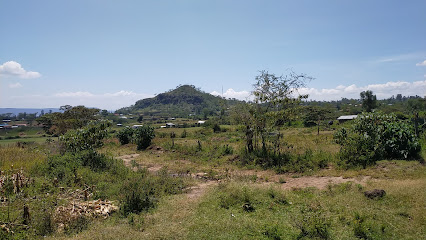
Saramek Gardens
Experience the beauty of Saramek Gardens, a serene campground and event venue perfect for relaxation, picnics, and memorable gatherings in Nakuru.
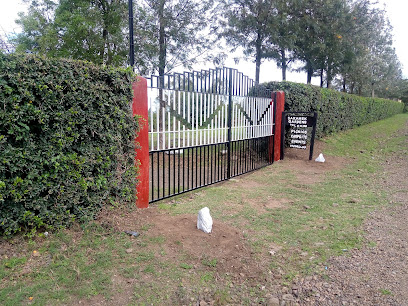
Essential places to dine
Nakubreeze
Experience the vibrant flavors and welcoming atmosphere at Nakubreeze, your perfect rest stop on the journey through beautiful Nakuru.
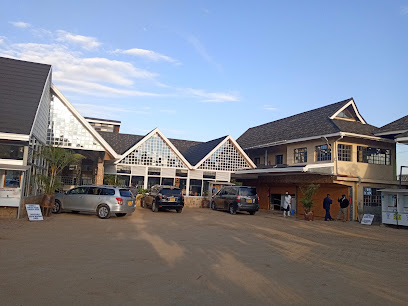
Java House
Experience authentic Kenyan flavors at Java House in Nakuru—a delightful cafe-restaurant perfect for every meal.
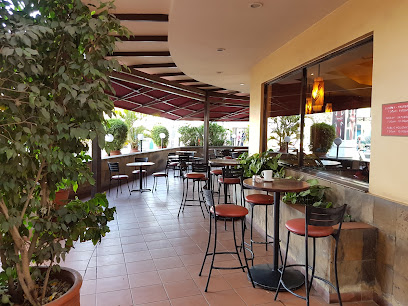
Majid Restaurant
Discover the flavors of Kenya at Majid Restaurant in Nakuru – where every dish tells a story.
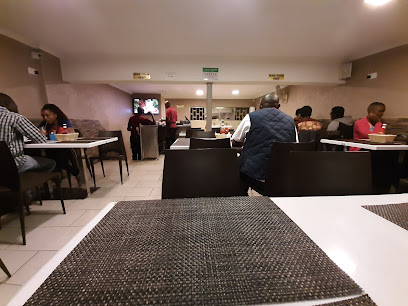
Gilani's Restaurant
Experience the best of Kenyan cuisine at Gilani's Restaurant in Nakuru—where flavors meet hospitality in a welcoming atmosphere.
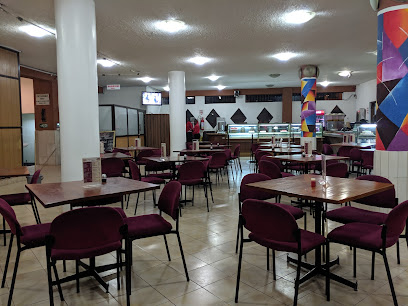
Fika and Feast
Experience the best of Kenyan cuisine at Fika and Feast - where flavor meets hospitality in the heart of Nakuru.
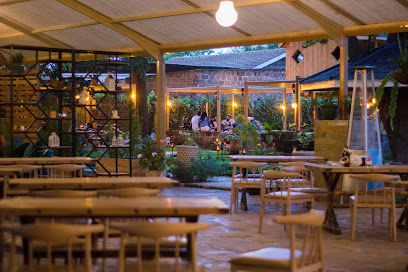
Chili's Tavern Nakuru
Discover exceptional dining at Chili's Tavern Nakuru, where local flavors meet international cuisine in an inviting atmosphere.
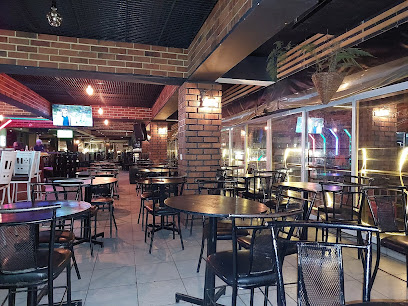
Lunar Park & Grill ,Nakuru city
Experience the vibrant culinary scene at Lunar Park & Grill in Nakuru – where delicious food meets lively entertainment.
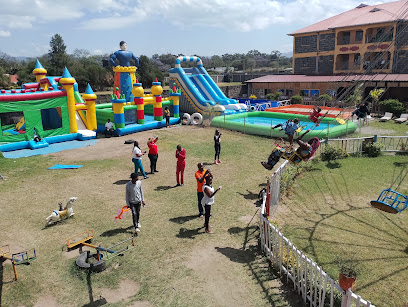
Hudson Restaurant & Sports Bar
Experience vibrant dining at Hudson Restaurant & Sports Bar in Nakuru - where delicious cuisine meets thrilling sports entertainment.
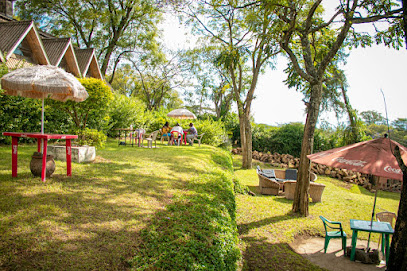
Tipsy Restaurant
Savor authentic Kenyan dishes at Tipsy Restaurant, a culinary gem in Nakuru known for its delicious bhajias, kebabs, and inviting atmosphere.
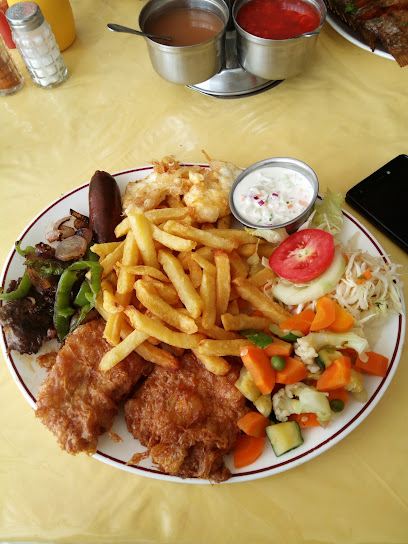
Little Garden Bistro
Experience authentic Kenyan flavors at Little Garden Bistro in Nakuru's serene Kiamunyi estate – where fresh ingredients meet delightful ambiance.
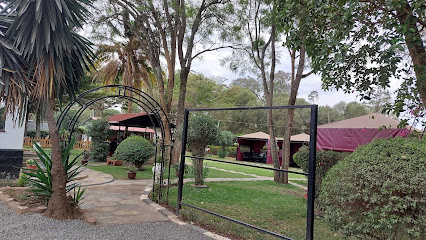
Bava Restaurant
Discover the flavors of Kenya at Bava Restaurant in Nakuru – your ultimate fast food destination with delightful dishes for every palate.
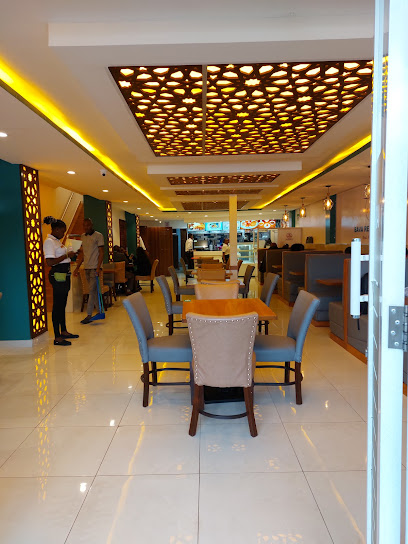
Kijani Kafe - Bar and Restaurant
Discover the charm of Kijani Kafe in Nakuru - where delightful cuisine meets serene garden vibes for unforgettable dining experiences.
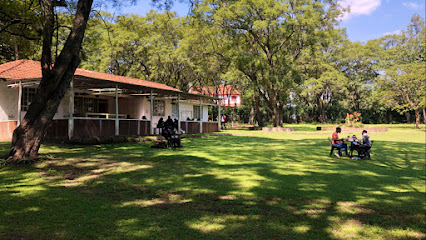
Rozina's
Experience the best of Kenyan and international cuisine at Rozina's Restaurant in Nakuru - where every meal is a delightful journey.
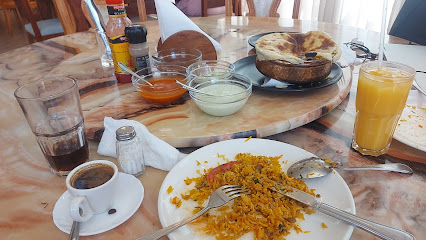
Bamboo Hut China Restaurant
Experience the best of Chinese cuisine at Bamboo Hut China Restaurant in Nakuru – where every meal is a delightful journey of flavors.
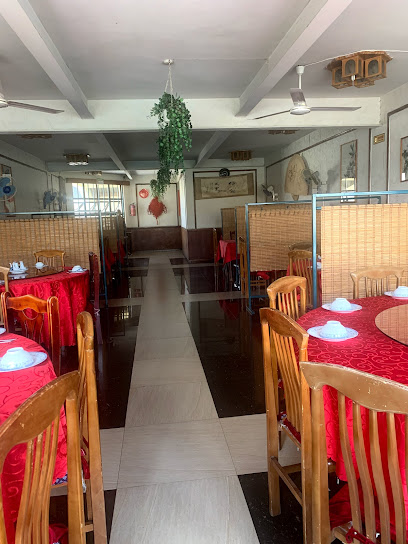
IPIZ RESTAURANT NAKURU. ( Govt.road BONTANA Junction , chege hse opposite Jimmy's chomabite)
Experience authentic Kenyan flavors at IPIZ Restaurant in Nakuru – where every meal tells a story of tradition and taste.
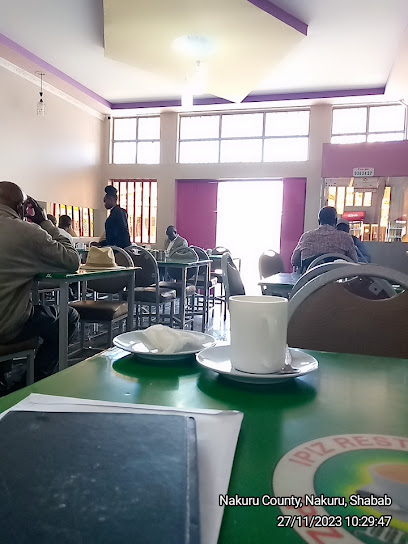
Markets, malls and hidden boutiques
Bows & Ribbons (Gifts Nakuru)
Discover Bows & Ribbons in Nakuru: your ultimate destination for unique gifts and stunning flower arrangements that leave a lasting impression.
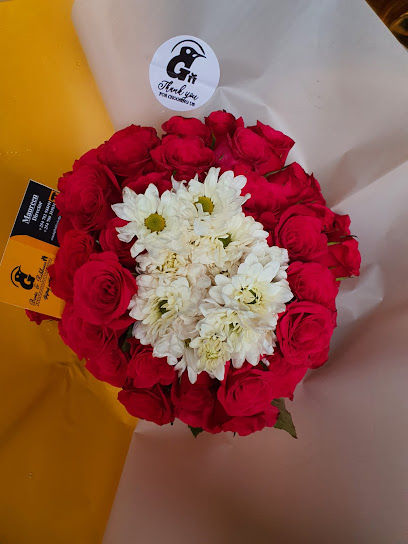
Curios Shop
Explore Nakuru's Curios Shop for unique handcrafted gifts and souvenirs that reflect the rich cultural heritage of Kenya.
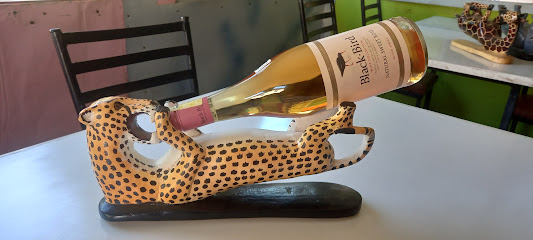
Lucy Shop
Explore Lucy Shop in Nakuru for a unique shopping experience filled with local crafts, everyday essentials, and a taste of vibrant community life.
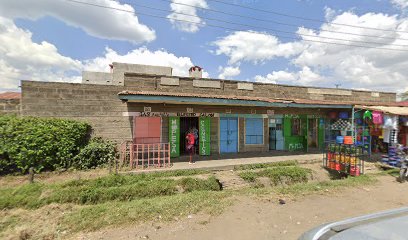
Kirkos Clothing Company
Explore Kirkos Clothing Company in Nakuru for a delightful shopping experience, showcasing trendy apparel and authentic Kenyan fashion.

Wallace W Flats
Discover unique home goods and local craftsmanship at Wallace W Flats in Nakuru, the perfect spot for souvenirs and cultural treasures.

Unique Shop
Discover Nakuru's Unique Shop, a treasure trove of clothing and accessories that embodies the spirit of Kenyan fashion.
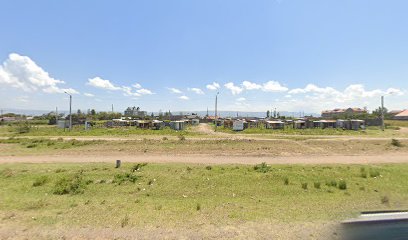
Bosongo Shop
Explore Bosongo Shop in Nakuru: A charming general store filled with local treasures and authentic Kenyan culture.

Melita boutique
Explore the colorful world of Kenyan fashion at Melita Boutique, a unique clothing store in Nakuru offering local designs and vibrant styles.
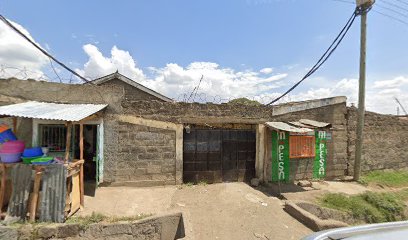
Jeffmag Boutique
Explore unique fashion and local craftsmanship at Jeffmag Boutique in Nakuru, a treasure trove for discerning travelers.
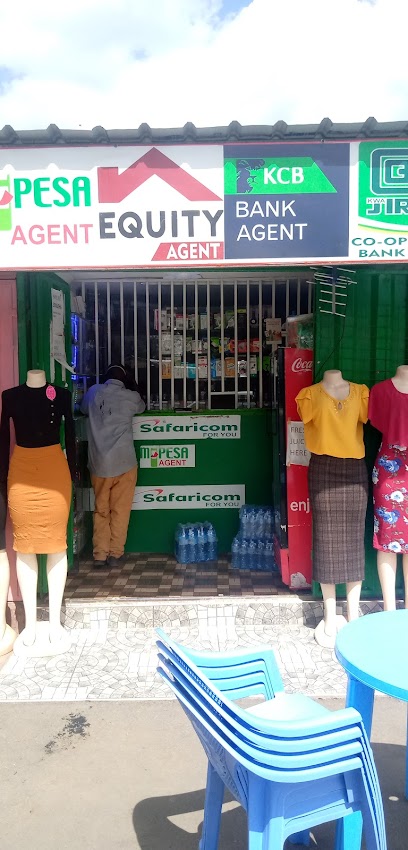
Oasis Gracemercyfollow Shop
Discover the perfect blend of style and comfort at Oasis Gracemercyfollow Shop, where every shoe tells a story.

Cool Cereal Shop
Experience a cereal lover's paradise at Cool Cereal Shop in Nakuru, where a world of flavors awaits in every bowl!
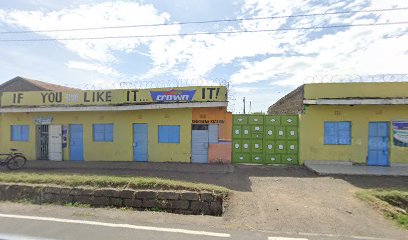
amson
Discover unique fashion at Amson, the ultimate clothing store blending local culture with contemporary style for an unforgettable shopping experience.

Woodlands Apparel
Discover local fashion at Woodlands Apparel, a vibrant clothing store offering unique styles and personalized service for the discerning traveler.

Jenn Clothing Collection
Explore the latest fashion trends at Jenn Clothing Collection, where style meets local culture for an unforgettable shopping experience.

Wajenzi stores
Explore Wajenzi Stores for a diverse selection of building materials and expert advice to enhance your construction projects while visiting.

Essential bars & hidden hideouts
LASIDA GRILL
Lasida Grill in Nakuru offers a vibrant nightlife experience with great drinks, friendly locals, and live entertainment, perfect for tourists looking to socialize.
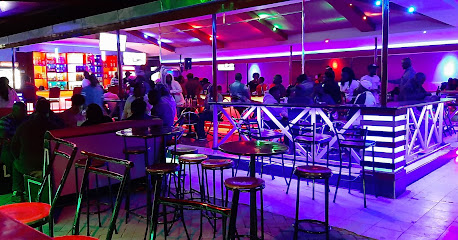
Spacepark Bar
Discover the lively atmosphere and delicious grilled cuisine at Spacepark Bar, a must-visit destination in Nakuru for food lovers.
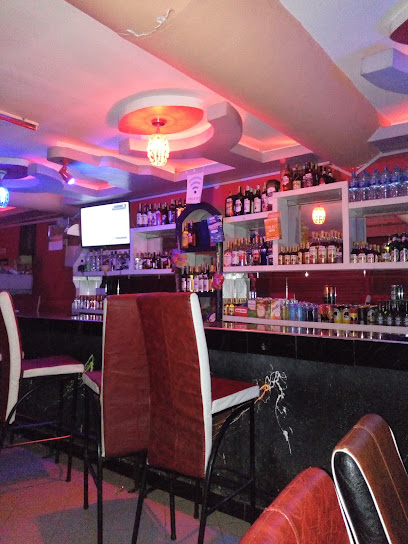
Heliport Pub
Discover the lively atmosphere and delicious drinks at Heliport Pub, a must-visit bar in Nakuru, Kenya for an unforgettable nightlife experience.
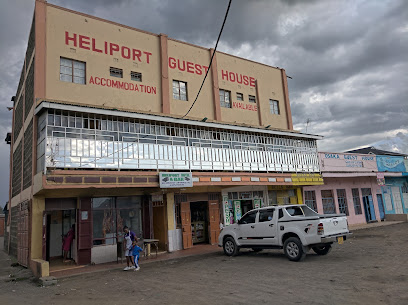
Unique Tavern
Experience the vibrant nightlife of Nakuru at Unique Tavern, where local flavors and warm hospitality meet in a cozy bar setting.
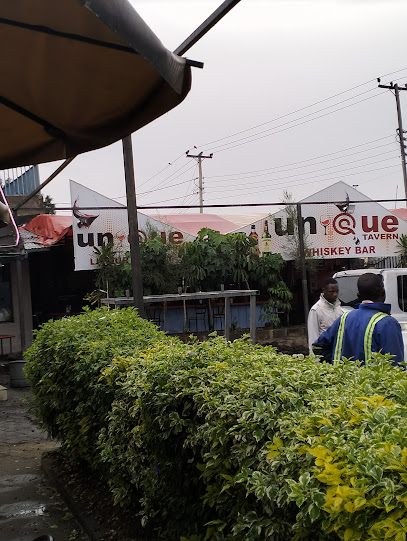
Back of the Moon
Experience Nakuru's vibrant nightlife at Back of the Moon, a local pub offering drinks, games, and live music in a warm atmosphere.
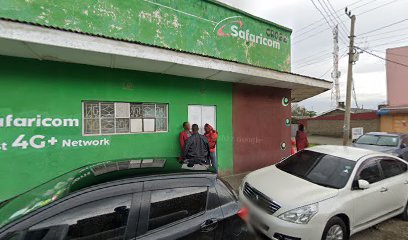
Standby Bar and pork centre
Discover the vibrant culinary scene at Standby Bar and Pork Centre, where succulent grilled pork dishes and a lively atmosphere await you.
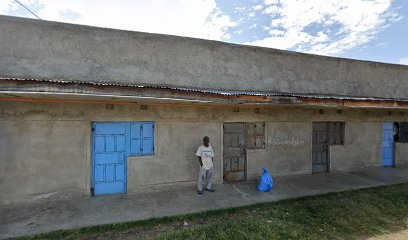
MICA GARDENS BAR & RESTAURANT
Discover the vibrant atmosphere and local flavors at Mica Gardens Bar & Restaurant in Nakuru, a perfect spot for relaxation and culinary delights.
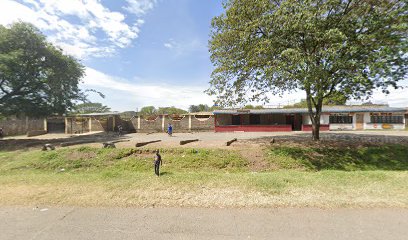
Unique Lounge
Discover the lively ambiance and delightful drinks at Unique Lounge in Nakuru Town West, where every night is a celebration.
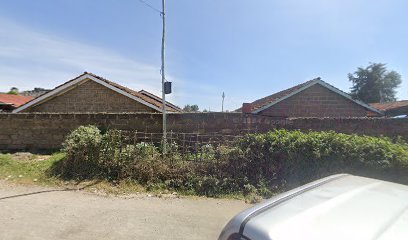
Njoro Pub
Discover the vibrant atmosphere and local flavors at Njoro Pub, the heart of Nakuru's nightlife.
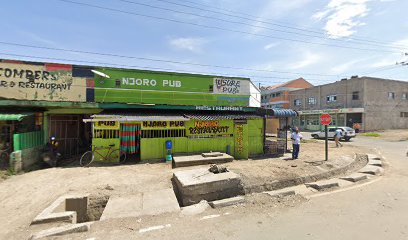
JT's Bar
Discover Nakuru's vibrant nightlife at JT's Bar, where great drinks and live entertainment create unforgettable experiences.
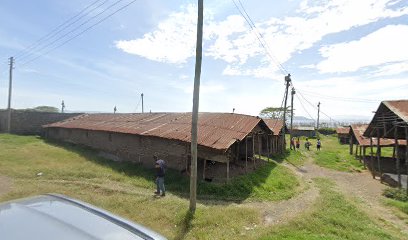
Africana Bar
Experience the vibrant nightlife of Nakuru at Africana Bar, where local culture meets great drinks in a lively setting.
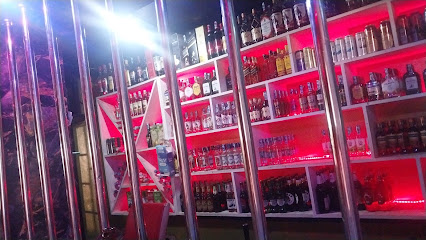
Garage Pub & Restaurant
Discover the vibrant ambiance and delicious local cuisine at Garage Pub & Restaurant in Nakuru, a perfect spot for relaxation and socializing.
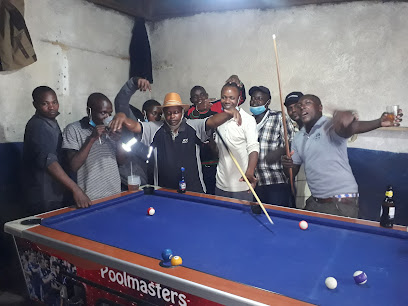
CARNIVORE PUB
Experience the vibrant nightlife at Carnivore Pub, where local flavors meet a lively atmosphere in the heart of Nakuru.
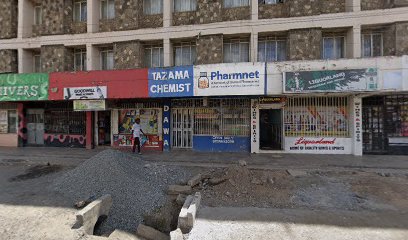
Elijah's Pub .
Experience the vibrant local culture at Elijah's Pub in Nakuru, where refreshing drinks and friendly faces await your visit.
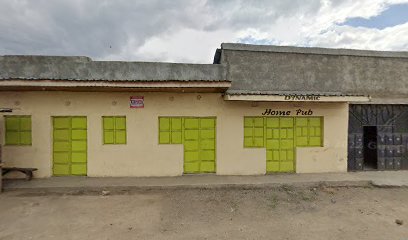
Jungle Bar
Experience the vibrant nightlife at Jungle Bar in Nakuru, where refreshing drinks and a lively atmosphere await every traveler.
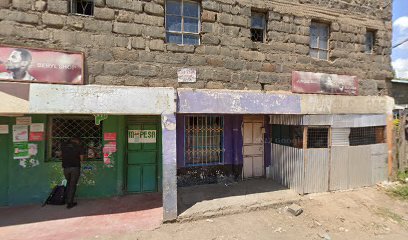
Local Phrases about Lake Nakuru National Park
-
- HelloSalam
[sa-laam] - GoodbyeKwaheri
[kwa-he-ri] - YesNdio
[n-dio] - NoHapana
[ha-pa-na] - Please/You're welcomeTafadhali
[ta-fa-dha-li] - Thank youAsante
[a-san-te] - Excuse me/SorrySamahani
[sa-ma-ha-ni] - How are you?Uko vipi?
[u-ko vi-pi] - Fine. And you?Mzuri. Na wewe?
[m-zu-ri na we-we] - Do you speak English?Unazungumza Kiingereza?
[u-na-zu-nga-mza king-ge-re-za] - I don't understandSielewi
[sie-le-wi]
- HelloSalam
-
- I'd like to see the menu, pleaseNingependa kuona menyu, tafadhali
[nin-ge-pen-da kuo-na me-nyu, ta-fa-dha-li] - I don't eat meatSi kula nyama
[si ku-la nya-ma] - Cheers!Mambo!
[mam-bo] - I would like to pay, pleaseNingependa kulipa, tafadhali
[nin-ge-pen-da ku-li-pa, ta-fa-dha-li]
- I'd like to see the menu, pleaseNingependa kuona menyu, tafadhali
-
- Help!Msaada!
[m-sa-a-da] - Go away!Ondoka!
[on-do-ka] - Call the Police!Piga Polisi!
[pi-ga po-li-si] - Call a doctor!Piga daktari!
[pi-ga dak-ta-ri] - I'm lostNimepotea
[ni-me-po-te-a] - I'm illNinaumwa
[ni-na-um-wa]
- Help!Msaada!
-
- I'd like to buy...Ningependa kununua...
[nin-ge-pen-da ku-nu-nua] - I'm just lookingNatazama tu
[na-ta-za-ma tu] - How much is it?Bei ni ngapi?
[bei ni ngapi] - That's too expensiveHiyo ni ghali sana
[hi-yo ni gha-li sa-na] - Can you lower the price?Unaweza kupunguza bei?
[u-na-we-za ku-pun-gu-za bei]
- I'd like to buy...Ningependa kununua...
-
- What time is it?Saa ngapi?
[sa-a ngapi] - It's one o'clockNi saa moja
[ni sa-a mo-ja] - Half past (10)Nusu ya kumi
[nu-su ya ku-mi] - MorningAsubuhi
[a-su-bu-hi] - AfternoonMchana
[m-cha-na] - EveningJioni
[jo-ni] - YesterdayJana
[ja-na] - TodayLeo
[le-o] - TomorrowKesho
[ke-sho] - 1Moja
[mo-ja] - 2Mbili
[mbi-li] - 3Tatu
[ta-tu] - 4Nne
[n-ne] - 5Tano
[ta-no] - 6Sita
[si-ta] - 7Saba
[sa-ba] - 8Nane
[na-ne] - 9Tisa
[ti-sa] - 10Kumi
[ku-mi]
- What time is it?Saa ngapi?
-
- Where's a/the...?Iko wapi...?
[i-ko wa-pi] - What's the address?Anwani ni gani?
[an-wa-ni ni ga-ni] - Can you show me (on the map)?Unaweza kunionyesha (kwenye ramani)?
[u-na-we-za ku-nio-nye-sha (kwe-nye ra-ma-ni)] - When's the next (bus)?Basi la pili ni saa ngapi?
[ba-si la pi-li ni sa-a ngapi] - A ticket (to ....)Tiketi (kwenda ....)
[ti-ke-ti (kwen-da)]
- Where's a/the...?Iko wapi...?
History of Lake Nakuru National Park
-
Lake Nakuru, located in the Great Rift Valley of Kenya, was formed millions of years ago through tectonic activity. The valley itself is a result of the splitting of the African continent, leading to the creation of various lakes, including Lake Nakuru. The lake is a shallow, alkaline body of water, which has made it a unique ecosystem supporting diverse wildlife.
-
During the colonial era, the area surrounding Lake Nakuru was largely uninhabited and served as a hunting ground for European settlers. In 1961, recognizing the ecological significance of the area, the colonial government established the Lake Nakuru Game Reserve. This move marked the beginning of formal conservation efforts in the region.
-
In 1968, the Lake Nakuru Game Reserve was upgraded to a national park, becoming Lake Nakuru National Park. This designation aimed to protect the unique flora and fauna, particularly the large populations of flamingos that famously inhabit the lake. The park covers an area of approximately 188 square kilometers and includes the lake itself and surrounding regions.
-
Over the years, Lake Nakuru National Park has achieved several conservation milestones. In the 1980s, the park became a sanctuary for both black and white rhinos, as part of broader efforts to protect these endangered species. The establishment of the Rhino Sanctuary within the park has contributed significantly to the global conservation of these majestic animals.
-
Lake Nakuru holds cultural significance for the local communities, including the Kikuyu and Maasai peoples. These communities have historically interacted with the lake and its surrounding areas, using its resources sustainably. The park's management collaborates with local communities to ensure that conservation efforts respect cultural practices and provide socio-economic benefits.
-
In recent years, Lake Nakuru National Park has faced several challenges, including climate change, pollution, and habitat degradation. Efforts are ongoing to mitigate these issues through various initiatives, such as enhancing water quality management and promoting sustainable tourism. The park continues to be a critical site for biodiversity conservation and a popular destination for tourists worldwide.
Lake Nakuru National Park Essentials
-
Lake Nakuru National Park is located in the Rift Valley Province of Kenya, approximately 160 kilometers northwest of Nairobi. The nearest major airport is Jomo Kenyatta International Airport in Nairobi. From Nairobi, you can take a domestic flight to Nakuru, which is served by Lanet Airstrip. Alternatively, you can travel by road; the journey usually takes about 2-3 hours via the A104 highway. For those preferring public transport, buses and matatus (shared minibuses) are available from Nairobi to Nakuru town.
-
Within Lake Nakuru National Park, the most convenient way to get around is by renting a 4x4 vehicle, which is essential for navigating the park's terrain. Several tour operators offer guided tours with experienced drivers. If you are staying in Nakuru town, taxis and motorcycle taxis (bodabodas) are widely available. Some lodges and hotels also offer shuttle services to and from the park. Public buses and matatus operate within Nakuru town but do not enter the park.
-
The official currency in Kenya is the Kenyan Shilling (KES). Credit cards are accepted in most hotels, lodges, and larger restaurants within Nakuru town. However, it is advisable to carry cash for smaller establishments and when shopping at local markets. ATMs are available in Nakuru town, but it is wise to withdraw sufficient cash before entering the park, as there are no ATMs within the park itself.
-
Lake Nakuru National Park is generally safe for tourists. However, as with any travel destination, standard safety precautions should be taken. Avoid walking alone at night in Nakuru town and be cautious of your belongings in crowded areas. Some areas in Nakuru town, like Bondeni and Kivumbini, have higher crime rates, especially for crimes targeting tourists. It is best to stay vigilant and avoid these neighborhoods, particularly after dark.
-
In case of emergency, dial 999 for police assistance or 112 for medical emergencies. The nearest hospital is Nakuru County Referral Hospital, located in Nakuru town. It is recommended to have travel insurance that covers medical emergencies. For minor health issues, there are several pharmacies in Nakuru town where you can purchase over-the-counter medications. Most lodges and hotels have first aid kits and can assist with contacting emergency services if needed.
-
Fashion: Do dress comfortably and appropriately for the weather. Avoid wearing bright colors that may startle wildlife. Religion: Do respect local religious customs. When visiting nearby religious sites, dress modestly. Public Transport: Do be respectful to other passengers. Avoid loud conversations and eating on public transport. Greetings: Do greet people with a handshake and say 'Jambo' (Hello). Eating & Drinking: Do try local dishes and beverages. Don't refuse food offerings, as it is considered impolite.
-
To experience Lake Nakuru National Park like a local, consider visiting the park early in the morning when wildlife is most active. Engage with local guides who can offer in-depth knowledge about the park's flora and fauna. Don't miss visiting the Makalia Falls, a hidden gem within the park. For a unique cultural experience, visit Nakuru town's local markets where you can buy fresh produce and handmade crafts. Interact with locals, who are often friendly and willing to share stories about their culture and the park.
Trending Landmarks in Lake Nakuru National Park
-
Sarova Lion Hill Game Lodge: Kenya Safari Lodge in Lake Nakuru National Park
-
Central Park- Lions Garden
-
Lord Egerton Castle
-
Nyayo Gardens Park
-
Menengai Crater View Point
-
Lake Nakuru Lanet Gate
-
Lake Nakuru Sopa Lodge
-
Lake Nakuru
-
The Cliff Nakuru
-
Lake Elementaita Hot Spring
-
Baboon Cliff View Point
-
Makalia Falls Campsite
-
Nderit Gate Lake Nakuru National Park
-
Kenya Forest Service Station
-
Nakuru Park
Nearby Cities to Lake Nakuru National Park
-
Things To Do in Naivasha
-
Things To Do in Nairobi
-
Things To Do in Eldoret
-
Things To Do in Kisumu
-
Things To Do in Kitale
-
Things To Do in Mbale
-
Things To Do in Jinja
-
Things To Do in Arusha
-
Things To Do in Moshi
-
Things To Do in Kampala
-
Things To Do in Entebbe
-
Things To Do in Mwanza
-
Things To Do in Lira
-
Things To Do in Masaka
-
Things To Do in Bukoba








